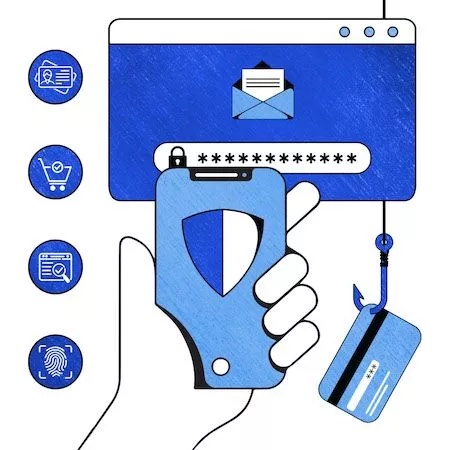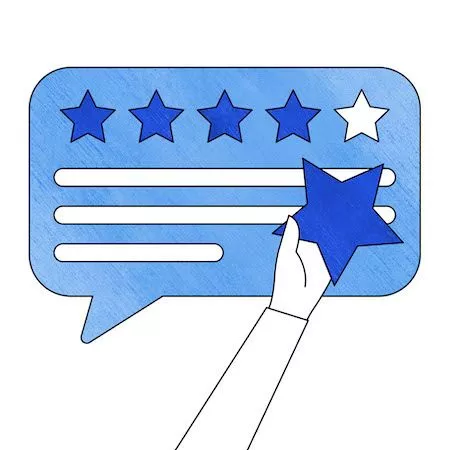What is a digital identity? Do I have a digital identity? And what, exactly, does my digital identity tell other people about me? It’s a fact of modern life that nearly everyone has a digital identity. It’s also a fact that your digital identity may not speak flatteringly about you.
In this guide, we’ll explain digital identity. We’ll discuss what looks like, what harm can come to it, and what you can do to protect yourself and your family—both online and in the real world.
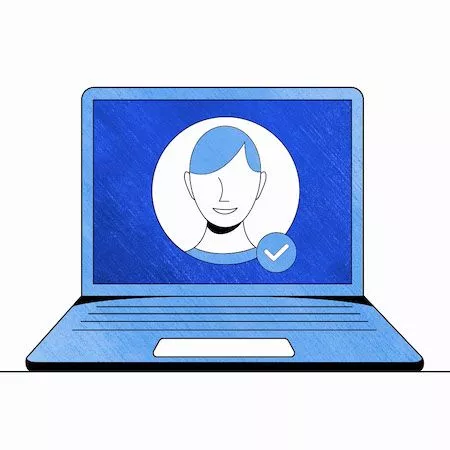
Chapter 1: What’s Your Digital Identity?
Your digital identity is the sum of the information you’ve voluntarily put on the internet plus what ends up there via government or other official sources, the information others have uploaded about you, and what others say about you—whether what they say is true or not.
And it’s not just basic information. It’s also your internet history—purchases, most viewed websites and so on—as well as biometric data.
So everyone who’s ever used the internet has a digital identity. And chapter 1 will teach you how to protect yours by carefully curating your passwords, periodically changing verification modalities, and so on.
Chapter 2: Personal Online Reputation
Your personal online reputation is made up of what you do on the internet and what people on the internet say you do in real life.
Okay, maybe the internet isn’t “real life.” But it affects real life: Job recruiters look you up before meeting with you. And colleagues, clients, friends, dates? They do too.
Luckily, there are ways to improve your online reputation. You can Google yourself to get the lay of the land, then utilize blogs and social media to make a case for yourself. Chapter 2 will go over how to avoid getting angry on social media, delete unflattering photos, and more.
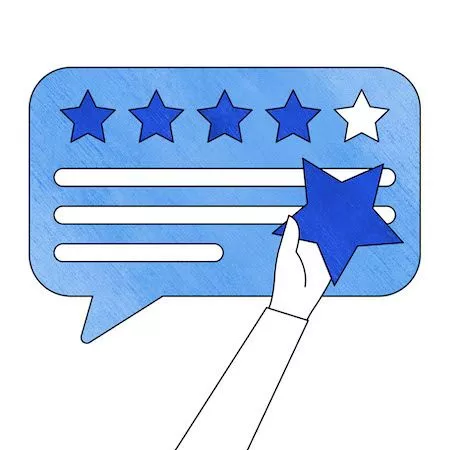
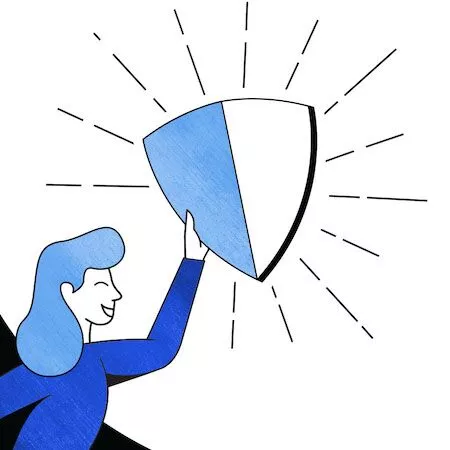
Chapter 3: 3 Tips to Protect Your Data and Identity Online
Identity theft is a fast-growing crime. You’ll need to learn how to protect your data and identity online if you want to avoid being victimized.
Your identity can be stolen via social media, your email account, or any supposedly “safe” portals you use to monitor personal financial or medical information.
Chapter 3 will give you 3 tips on how to protect your identity online.
Chapter 4: How to Delete Your Online Identity
People delete their online identities for a variety of reasons. Whether it’s to safeguard against identity theft, feel secure in their general privacy, or keep as clear of targeted advertising as possible.
Whatever your reason for deleting your online identity, chapter 4 will go over how to do so step by step. We’ll teach you how to delete your email addresses, personal blogs and websites, and all the major social media sites.
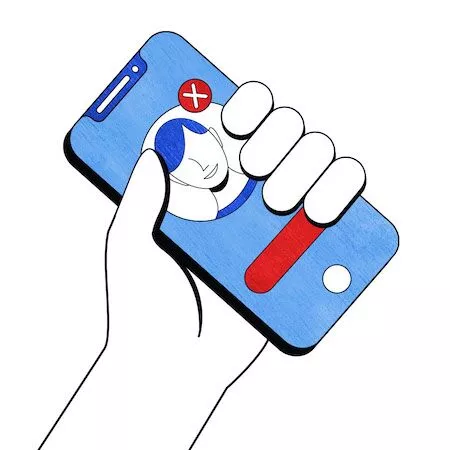
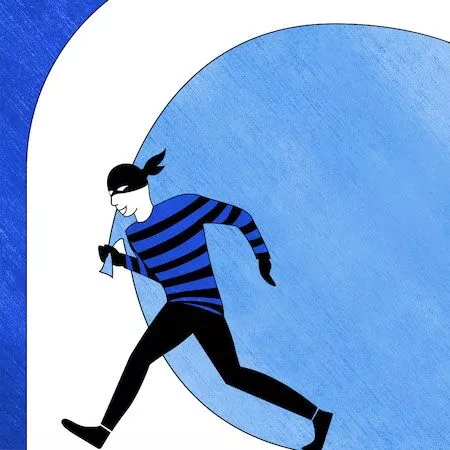
Chapter 5: Your Information on the Dark Web
It can be hard to get your information off the dark web if it turns up there.
But even then, there are ways to keep your identity safe.
Chapter 5 will discuss techniques you can use to mediate damage caused by dark web identity leaks, and discuss proactive steps you can take to guard your identity.
Chapter 6: How Does Online Identity Theft Happen?
There are lots of different ways online identity theft happens.
Whether it’s through credit card scanners, email fraud, or direct hacking, you need to know how to protect yourself.
Chapter 6 will let you know how to protect yourself by monitoring your banking information, your credit, and other sensitive data.
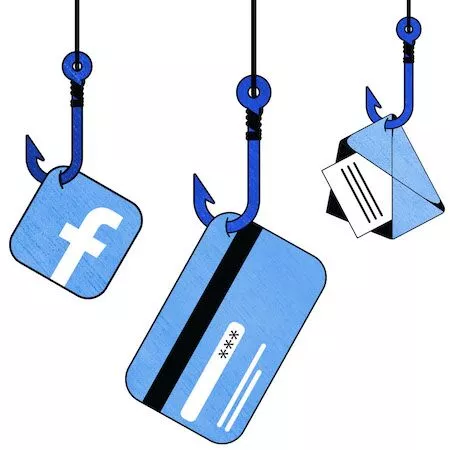
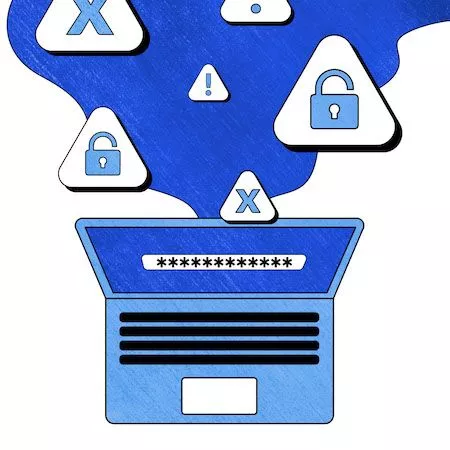
Chapter 7: How to Check for Identity Theft
If you think your sensitive personal information may have been compromised, then you need to know how to check for identity theft.
Chapter 7 will go over some major signs of identity theft and teach you how to protect your different types of digital identity such as your Social Security, banking, or other sensitive information is compromised.
Frequently Asked Questions
What makes up your digital identity?
Your digital identity is made up of what you do on the internet, your sensitive personal information, what you willingly upload to shareable websites, and what people say about you—true or false.
What is digital identity and why is it important?
Digital identity is the picture people get of you based off your internet profile. It’s important because nobody can learn everything about every single person. Digital identity offers a shortcut.
Do I need a digital identity?
It isn’t a matter of needing a digital identity. Anyone who has ever used an internet-connected device has a digital identity.
How do I strengthen my digital identity?
You can strengthen your digital identity by recognizing signs of fraud and acting to mitigate them—or better yet, taking proactive steps against them. You can also increase your digital identity score by spreading out your social media footprint, starting a blog, and erasing negative or controversial things you’ve said from various websites.

